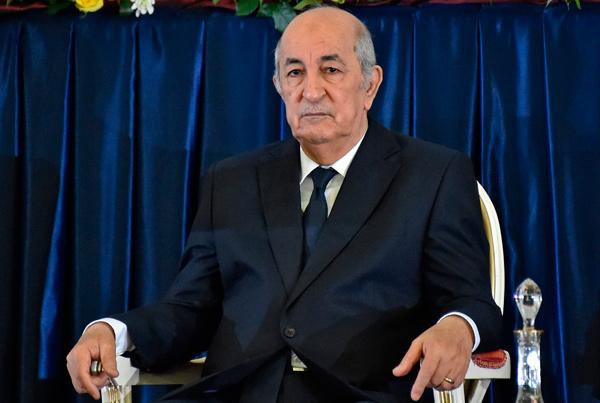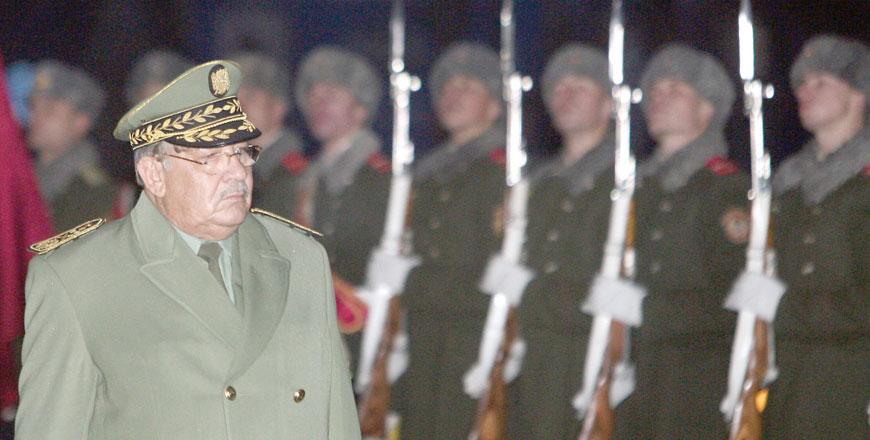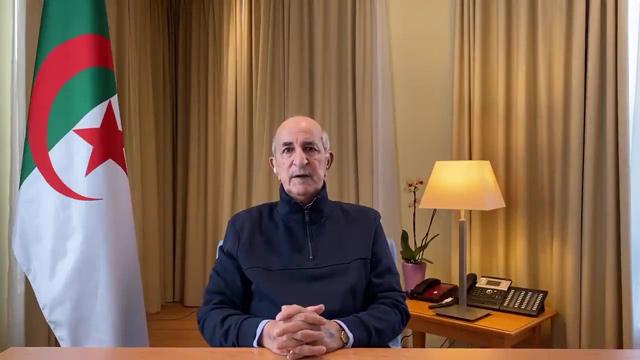You are here
Algeria to inaugurate Bouteflika-era mega mosque
By AFP - Oct 28,2020 - Last updated at Oct 28,2020

This photo taken on Tuesday shows the Great Mosque of Algiers, also known as Djamaa El Djazair, on the eve of its inauguration in the Algerian capital (AFP photo)
ALGIERS — Algeria’s Grand Mosque, the world’s third-biggest and Africa’s largest, will host its first public prayers on Wednesday, a year and a half after construction was completed.
Known locally as the Djamaa El Djazair, the modernist structure extends across 27.75 hectares, and is smaller only than the two mosques in Mecca and Medina, Islam’s holiest sites, in Saudi Arabia.
President Abdelmadjid Tebboune had been expected to inaugurate the mosque’s prayer hall — whose maximum capacity is 120,000 — at the event on Wednesday, the eve of the birthday of the Prophet Mohammed.
But his presence was in doubt after his office announced the day before that he had been hospitalised.
Tebboune had gone into self-isolation last week following suspected coronavirus cases among his aides, but the presidency said Tuesday that Tebboune’s “state of health does not raise any concern”.
It was unclear how many people would be allowed to attend the prayers amid the novel coronavirus pandemic.
Tallest minaret
The mosque’s interior, in Andalusian style, is decorated in wood, marble and alabaster.
It features six kilometres of Koranic text in Arabic calligraphy, along with turquoise prayer mats.
The mosque aims to be an important theological, cultural and research centre, and the complex includes a library that can host a million books.
Featuring geometric architecture, it also boasts the world’s tallest minaret — 267 metres — fitted with elevators and a viewing platform that looks out over the capital and the Bay of Algiers.
The tallest such structure had previously been a 210 metre minaret in the Moroccan city of Casablanca.
But it has all come at a cost of over $1 billion in public money, according to finance ministry figures.
The seven-year construction work was completed in April 2019, three years behind schedule, and the company in charge, China State Construction Engineering, brought in labourers from China.
“There is a mosque in almost every neighbourhood,” said Said Benmehdi, an Algiers resident in his seventies, whose two children are both unemployed.
He told AFP bitterly that he would have preferred for the “state to build factories and let young people work”.
‘Not built for
the people’
Five imams preside over the mosques and five muezzins are responsible for conducting the call to prayer, said Kamel Chekkat, a member of Algeria’s ulema association of Muslim scholars.
He told AFP that the mosque would be tasked with “regulating and harmonising fatwas with Algerian life”.
A multidisciplinary study and research group will examine the Koranic text and “its keeping with the times and above all, with science”, he added.
“The idea is that the Grand Mosque will be a place for combatting all types of radicalism, religious and secular,” Chekkat said.
But sociologist Belakhdar Mezouar said the mosque “was not built for the people”.
It is the “work of a man [Bouteflika] who wanted to compete with neighbouring Morocco, make his name eternal and put this construction on his CV, so he could get into paradise on judgement day”, he said, adding that his opinion was widely shared.
Related Articles
ALGIERS — A month after Algerian President Abdelmadjid Tebboune was hospitalised in Germany and tested positive for coronavirus, uncertainty
ALGIERS — Algeria's powerful army chief General Ahmed Gaid Salah died of a heart attack at age 79 on Monday, threatening to deepen the count
ALGIERS — Algeria’s President Abdelmadjid Tebboune said on Sunday he was recovering from the COVID-19 illness, in his first televised appear



















